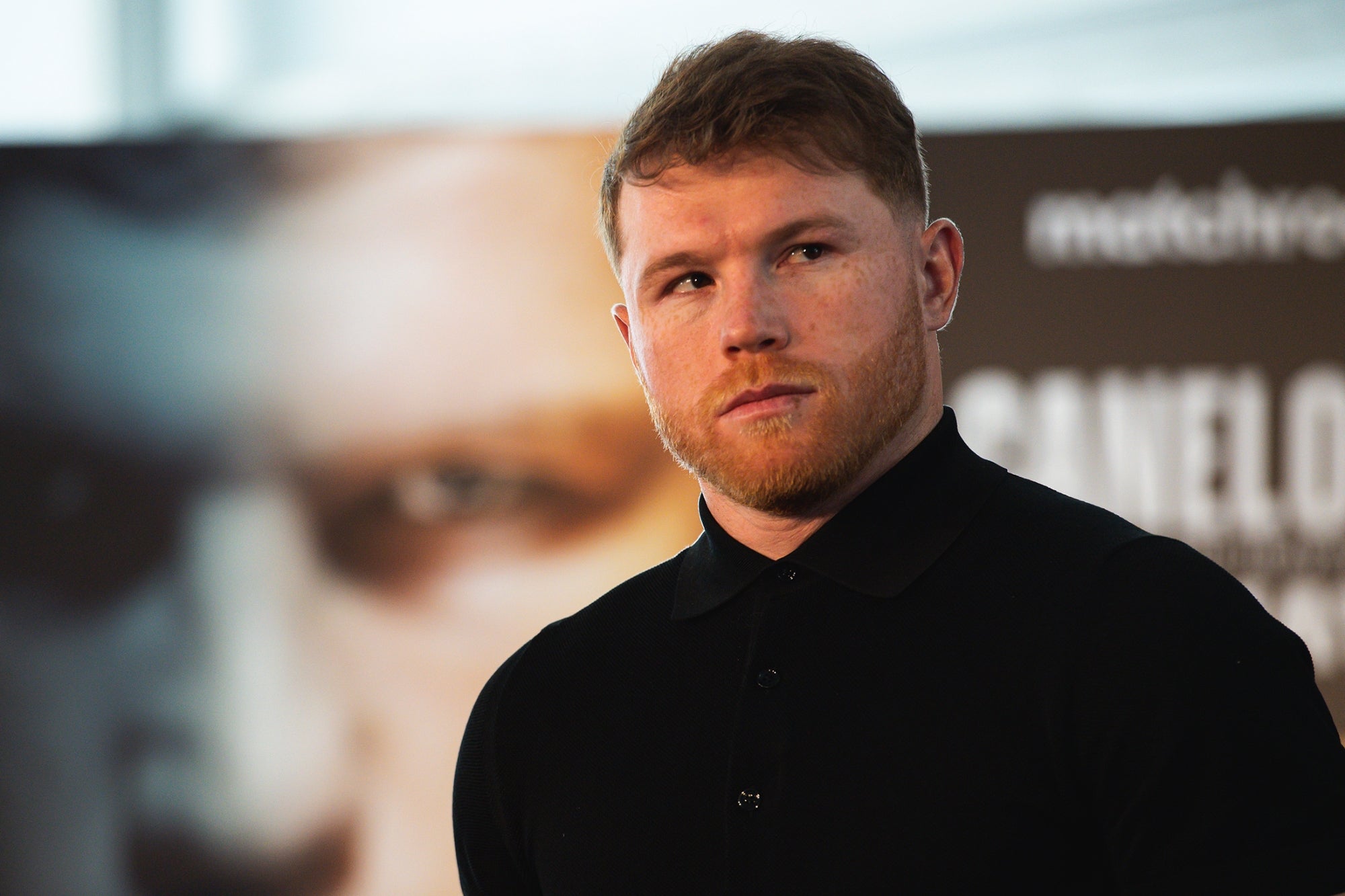The great little lesson of Saúl "Canelo" Álvarez and the English language Although he knows that he does not speak it perfectly, the boxer gives interviews in English and this is what he commented on it.
By Eduardo Scheffler Zawadzki Edited by Eduardo Scheffler Zawadzki
This article was translated from our Spanish edition.

Everything is ready for the fight between the Mexican, Saúl "Canelo" Álvarez , and the Russian, Dmitry Bivol . The boxers will meet on the night of Saturday , May 7 at the T-Mobile Arena in Las Vegas, Nevada and it is expected to be quite an event: Canelo has a record of 57 wins, one draw and two losses with 39 knockouts (57 -1-2, 39 KOs); Bivol 19 wins and zero losses with eleven knockouts (19-0, 11 KO). Both dispute the light heavyweight title of the World Boxing Association (WBA).
While the world awaits the broadcast of the event, Canelo has given a great little lesson on how one should face adversity. The boxer is originally from Guadalajara and although he does not speak English perfectly, he gives interviews in that language. Ricardo Celis , a sports journalist for Time Warner Cable Deportivo, congratulated him in a recent interview (in Spanish) for his attitude towards the foreign language: "I have to say congratulations for doing the interviews in English; many Mexican boxers never wanted to try it and the truth is: congratulations for that".
"Canelo" replied: "Look, I have never studied English. I tried for about a month, but the truth is that the study has never been given to me. The truth is that I always practice with my golf friends, I'm playing with them, I practice, I speak a lot of English and now I say, if I make a mistake, it doesn't matter , I'm trying to do it and I think that's what's going for you in the end to make him talk."
Although it might seem trivial, it is not. Canelo's attitude shows self-confidence, perseverance and the humility to try something, even if he knows he's not the best at it. When you are used to success, it is not so easy to recognize it and show yourself vulnerable . Many professional athletes of Hispanic origin prefer to give interviews in Spanish with the help of interpreters. This is not the case of Canelo, for whom the fear of making mistakes is not a limitation.
Few Hispanic boxers venture to do their interviews in English. For @Canelo it's "No problem" listen how he does it. @ClaudiaTrejos @DAZNBoxing PPV #CaneloBivol pic.twitter.com/4hrcBuRub8
– Ricardo Celis (@CelisDeportes) May 3, 2022
The "Canelo", a bit of history
Santos Saúl Álvarez Barragán was born on July 18, 1990 in San Agustín, Tlajomulco de Zúñiga, in Jalisco. He is the youngest of seven siblings and as a child he helped his father make popsicles. He never liked going to school and his older brother, Rigoberto, started boxing him when he was very young. At the age of ten, he gave him his first gloves. He decided that he would be a boxer after attending Rigoberto's professional debut when he was 13 years old. Saúl made his professional debut on October 29, 2005 after winning the gold medal at the Youth Olympiad in Tuxtla Gutiérrez, Chiapas. He was crowned world champion for the first time at the age of 20 by beating Matthew Hatton on March 5, 2011. The nickname "Canelo" was given to him by his manager José "Chepo" Reynoso due to the color of his hair.
"Canelo" has won world championships in four different weight divisions and in 2019 he was recognized as the number one pound-for-pound boxer by The Ring magazine. The fight with the Russian, Dmitry Bivol, could mean an approximate profit of $70 million dollars for "Canelo", depending on the result.
The fight will be broadcast on open television in Mexico. In the rest of the countries it will be a pay-per-view through the DAZN streaming platform.








